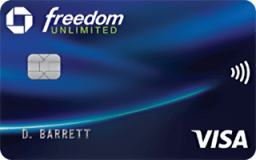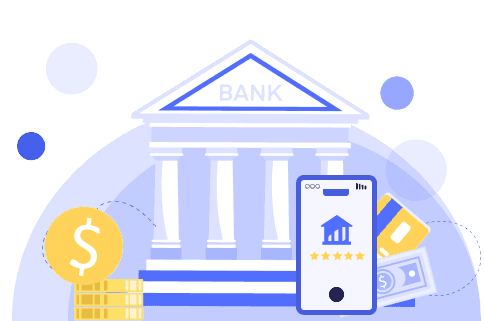Money market accounts combine the desirable aspects of savings and checking accounts. Like savings accounts, money market accounts earn interest on deposited funds. Some institutions even offer special money market rates if you have a different account open with them and are in good standing.
Money market accounts (MMAs) are an attractive alternative to traditional savings accounts because they provide a higher interest rate compared with regular savings accounts while still allowing you to access your funds with a debit card or checks.












